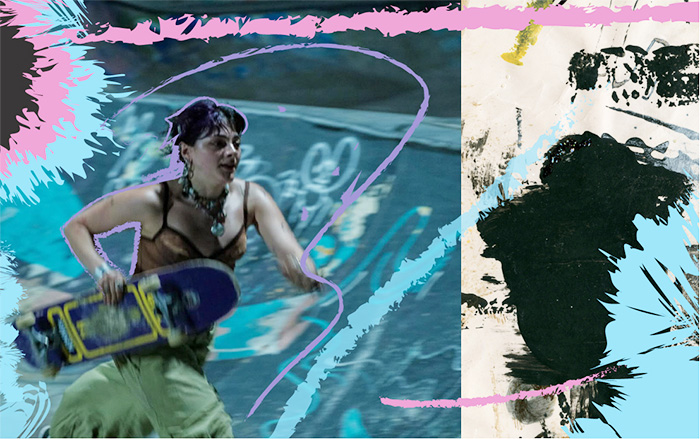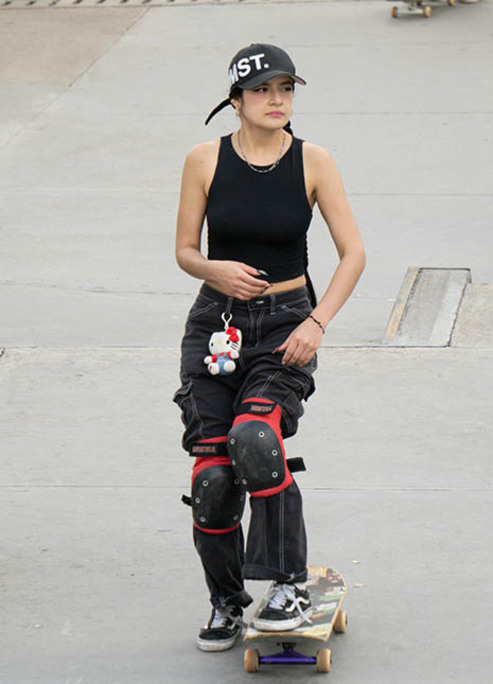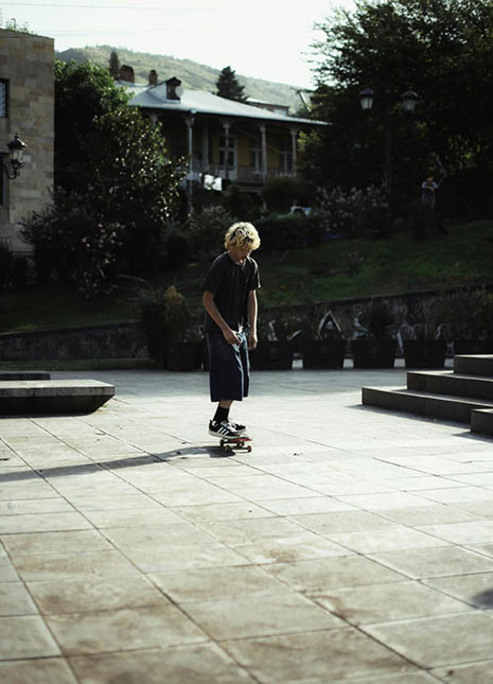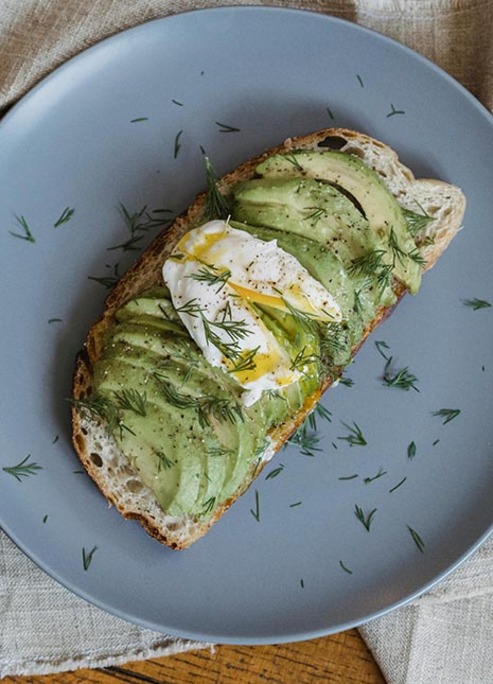
Why FLINTA Skate Sessions are Necessary
Skateboarding has always been seen as a space of self-expression, freedom, and rebellion. But for many women, non-binary people, and trans individuals (FLINTA), it can also feel like a space of exclusion or even intimidation. That’s where FLINTA skate sessions come in. These events are designed specifically to create a more welcoming, supportive, and safe environment for individuals who often feel marginalized in the skateboarding community. While some might argue that these sessions are unnecessary, the reality is that they provide a critical space for many skaters to feel empowered and confident in a way that mainstream sessions often fail to provide.
Creating a Safe Space
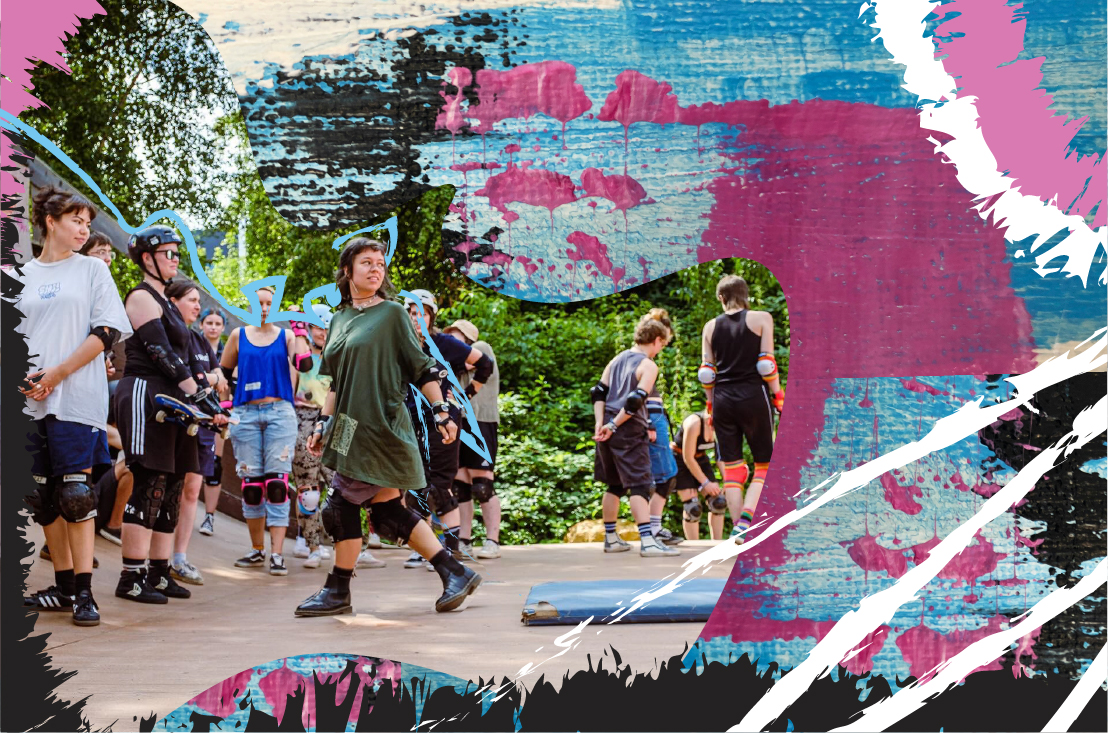
One of the primary reasons why FLINTA skate sessions are important is the sense of safety they offer. Unfortunately, the skateboarding scene has a long history of being male-dominated. While many skate parks strive to be inclusive, women, non-binary, and trans skaters often report feeling intimidated or uncomfortable in spaces where the majority of skaters are men. This discomfort can come from the fear of being judged, having their space taken, or experiencing unwanted attention or harassment.
FLINTA skate sessions provide a refuge from these concerns. These sessions create an environment where individuals can focus on skateboarding without the pressure or fear of being judged or interrupted. It’s about giving people the freedom to fall, laugh, and improve their skills with the support of others who understand their experiences. It’s not just about learning how to land a trick—it’s about learning to feel comfortable in your own skin and confident on your board.
Why Women Enjoy ItV
For many women, FLINTA skate sessions are a chance to bond with others who share similar experiences. Skateboarding is often seen as a male-dominated sport, and while women’s participation has increased over the years, the feeling of being a minority can still be discouraging. FLINTA sessions allow women to connect with others in a way that feels authentic and free of competition or comparison.
The atmosphere is less about proving yourself and more about mutual support and encouragement. For women who have often been the only skater at the park or felt out of place, having a community where they can skate without the feeling of being watched or judged can be incredibly liberating. These sessions provide an opportunity for women to progress at their own pace, without feeling pressured to "keep up" with male skaters. It’s about celebrating each skater’s journey, regardless of skill level.
Feeling More Safe and Supported
It’s no secret that skateboarding can sometimes be a rough sport. The physicality, the falls, the bumps and bruises—it’s all part of the process. But for women and FLINTA individuals, the risk of being harmed is not always just physical. Sometimes, the emotional or psychological toll of constantly navigating a male-dominated space can outweigh the bruises from a failed trick.
In FLINTA skate sessions, safety goes beyond physical protection—it extends to emotional safety as well. When you’re surrounded by like-minded individuals who understand the challenges you face, you can skate freely without fear of unwanted attention or judgment. The space is supportive, and everyone is there to push themselves and each other, but in a way that feels empowering rather than discouraging.
Why Some Men Don’t Understand Its Necessity
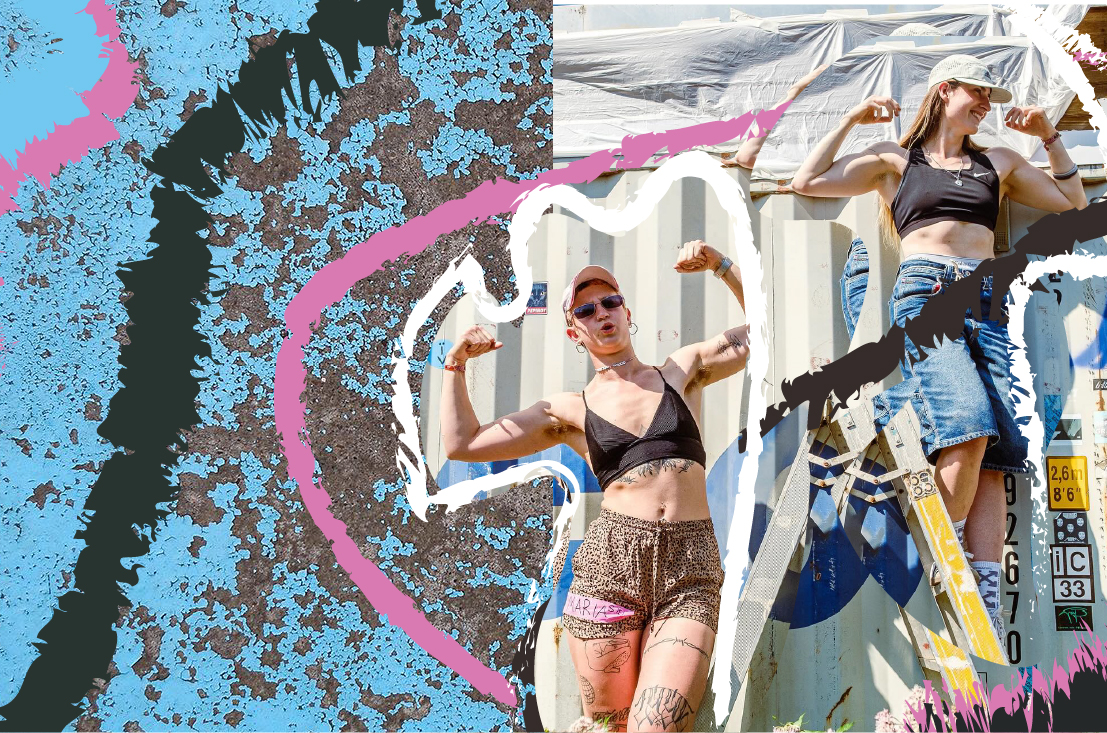
While FLINTA skate sessions have become increasingly popular and vital, there are still some who don’t fully understand why they’re needed. Some argue that segregating skate sessions by gender or identity isn’t necessary and that the skate community should just "be inclusive." These opinions often come from well-meaning but misguided perspectives, particularly from men who have never had to deal with the struggles of being a woman or non-binary skater in a male-dominated environment.
The idea of “inclusivity” in skateboarding is important, but it’s important to recognize that it doesn’t always mean equal treatment. Inclusivity is not just about opening the doors to the skatepark—it’s about ensuring that everyone feels comfortable walking through them. For women and FLINTA individuals, skateboarding in a male-dominated space can feel isolating, uncomfortable, or even unsafe. FLINTA skate sessions create a space where these individuals can fully express themselves without the fear of being marginalized or excluded.
Moreover, some men fail to see the need for FLINTA skate sessions because they don't experience the same type of exclusion or intimidation. The truth is that, for many women and FLINTA individuals, simply walking into a skatepark can feel like a challenge. From unwelcome stares to condescending comments, the experiences of female and non-binary skaters are often vastly different from those of their male counterparts. For men who have never faced these challenges, it can be hard to understand why specific sessions are necessary.
A Step Toward Equality in Skateboarding
FLINTA skate sessions aren’t about creating divisions within the skate community—they’re about fostering a more inclusive environment where everyone, regardless of gender or identity, feels safe, supported, and empowered. These sessions provide women and non-binary skaters with the opportunity to bond, grow, and express themselves on their own terms.
The more we embrace these kinds of spaces, the more we can work toward a skateboarding culture that celebrates diversity in all its forms. In the end, FLINTA skate sessions are not about excluding anyone—they are about making sure that everyone has a chance to thrive in a space that has often been hostile or unwelcoming to them. By supporting these spaces, we are ensuring that skateboarding can be a sport for all—one that values and uplifts every individual, regardless of gender or identity.
Read next: How To Start A FLINTA Skate Crew


